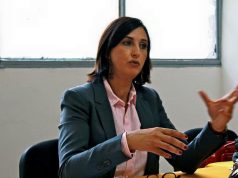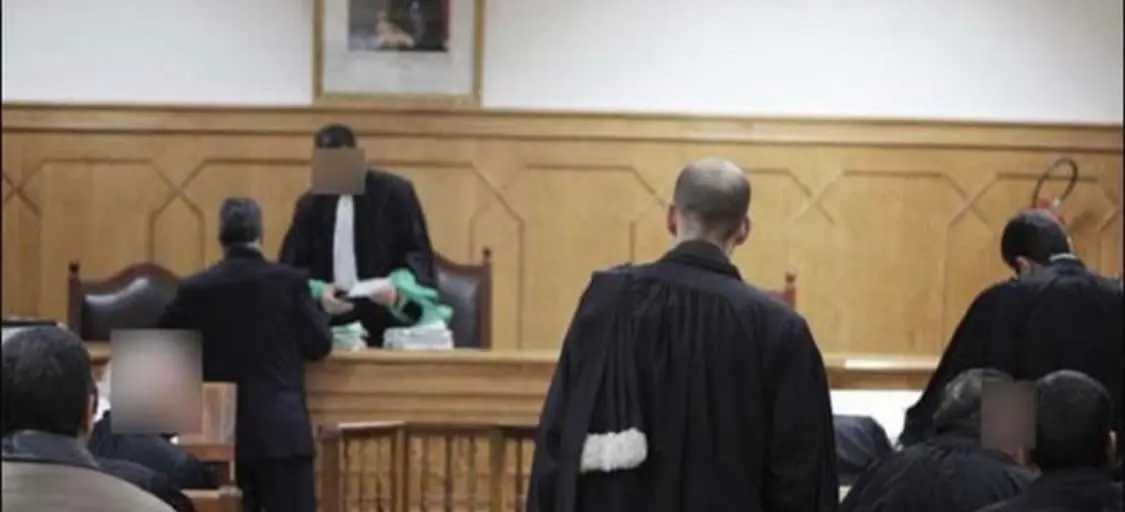No one would reasonably disagree that the ongoing meetings organized by the special committee in charge of elaborating Morocco’s New Development Model (MNDM) are being widely commented on by the general public. As various figures among its 35 members expressed during their first self-introduction meeting, the Moroccan population expects a high quality product to be delivered by the end of the committee’s term fixed for June 2020. It is needless to go through the positive aspects related to the aforementioned committee, as mainstream narrative hashing out its virtues is already abundant. In this article, my objective is to shed light on the negative aspects of the whole process and to analyze how this affects the shifting balance of power to sustain the political status-quo and put off our common dream of a Moroccan democracy.
Reinforcing the King’s role as the sole decision maker:
To comfort someone who lost a close person we often say “We’re to God and unto Him we shall return”. I believe there is no offense of blasphemy if I say that Moroccans could adapt this phrase to express political decision making in Morocco. In fact, it takes just following the cycle of finance law, the most important law voted each year, to understand that everything in our beloved country is/starts from the king and unto him it shall return.
Apart from the party of Left Democratic Federation (FGD), represented only by two parliamentary members in the first legislative chamber, whose key political figures called on various occasions for fundamental constitutional amendments to establish a new social contract, none among the other political parties represented in the parliament dared to bring such a discussion forward. Most politicians had to wait till the monarch took the initiative himself and talked for the first time about the need for a new development model (2019 Throne speech) to follow up and start debating this subject. This sad reality reminds us of what happened in the wake of the 2011 constitutional reform when the content of memorandums presented by political parties was very light even compared with announcements made by the king during his remarkable speech (March 09, 2011), let alone if compared to youth expectations.
Voiding elections of its substance:
The increasing tendency to create ad-hoc committees in charge of highly important subjects undermines the whole political process by emptying the election concept of its substance. The fundamental principle of elections, which requires that citizens choose which political party to vote for based on different programs they propose during their campaigns, is hence rendered nonsense in Morocco’s case.
In fact, as most political parties accept to limit the scope of their prerogatives and compete just to execute a program elaborated in advance by a special committee and approved by the king, we can raise the legitimate question about the need for elections in our country! Wouldn’t it make more sense to have the same committee execute its own program under the presidency of the king as head of state? The question however is whom to blame in case of failure, God forbid!? A knee-jerk answer might be: that’s why we need political parties and elections in the kingdom.
Lacking a binding power:
The final product of this committee will have no effects until the horizon 2021, when the new government officially adopts it as its own program and presents it in the parliament for a vote of confidence. Taking into account the fact that MNDM would be delivered as a fully integrated package makes the duty of the political party leading the 2021 coalition government burdensome. Should the “Islamist” Party of Justice and Development (PJD) wins the upcoming elections, and despite the fact that they have made many concessions during their first two mandates, I wonder to what extent a conservative party would accept implementing excessively progressive measures ? On the other hand, if the state’s support of the “liberal” party of National Gathering of Independents (RNI) is high enough to allow them to beat the Islamists, I can’t see them implementing radical social measures against the private interests of most of their leaders and their extended network!
To conclude, though an efficient implementation of MNMD might have short and mid-term positive impact on the Kingdom’s economic development, the long run requires solid and democratically elected institutions.






